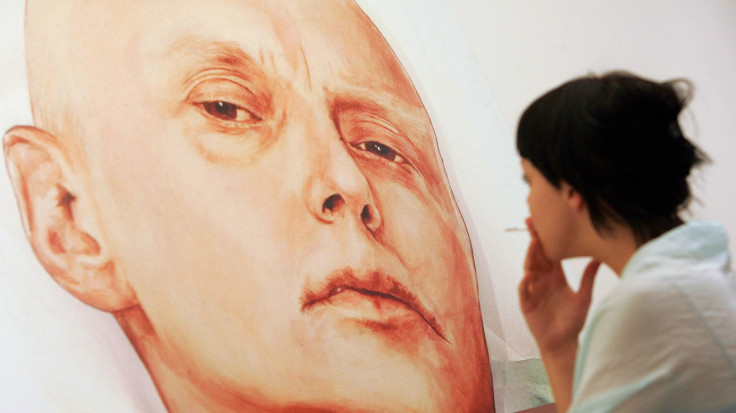Alexander Litvinenko Death: Purported Assassins Left 'Radioactive Trail' Across London

Two men who allegedly poisoned a Russian dissident in London with a radioactive substance in 2006 left a “radioactive trail” across the city, an ongoing inquiry into the killing heard Wednesday.
Andrei Lugovoi and Dmitry Kovtun are suspected of killing Alexander Litvinenko, a former member of the country's FSB security service (once known as the KGB), who had written books and articles that accused the Russian government of criminal behavior.
Litvinenko died after he was poisoned by what an inquest later ruled was the radioactive substance polonium-210, which was believed to have been slipped into his drink at a London restaurant.
An inquiry into Litvinenko's death heard Wednesday that British police found “large quantities” of polonium in the hotel rooms of the two suspects and in a restaurant in which the pair had dined, according to the Guardian.
Radiation was also detected in the London office of a former British Army general, where the pair had a meeting, and on an aircraft in which they had traveled.
Goran Krgo, who worked at the Best Western Shaftesbury Hotel in London, where Lugovoi and Kovtun stayed in October 2006, told the inquiry he remembered the men for their “comical” ill-fitting suits, the U.K.'s Daily Mirror reported.
In a press interview granted to Russian media two years after Litvinenko's death, Lugovoi branded Litvinenko a “traitor,” and suggested that people who caused trouble for the Russian state deserved to be “exterminated,” the Independent reported.
Lugovoi and Kovtun have denied any involvement in Litvinenko's death. The two are wanted in the U.K. in connection with the killing, but Russian law prohibits the country's citizens from being extradited to other countries.
The British government began a public inquiry into Litvinenko's death last month, in what was widely seen as a rebuke to Russia for its purported support of rebels in Ukraine and its annexation of Crimea.
Litvinenko died three weeks after he consumed tea laced with polonium-210 on Nov. 1, 2006, in the company of Lugovoi and Kovtun at a London hotel, the BBC reported.
Litvinenko had been working with British intelligence after he and his family fled Russia in 2000.
His death evoked a famous incident from the Cold War, in which Bulgarian dissident Georgi Markov was murdered by Soviet agents by being stabbed in the leg with the tip of a poisoned umbrella on a London Street.
© Copyright IBTimes 2024. All rights reserved.












